The event, organized by AVSE Global, brought together more than 100 domestic and international experts to discuss national R&D strategies, promote endogenous innovation capacity and sustainable development.
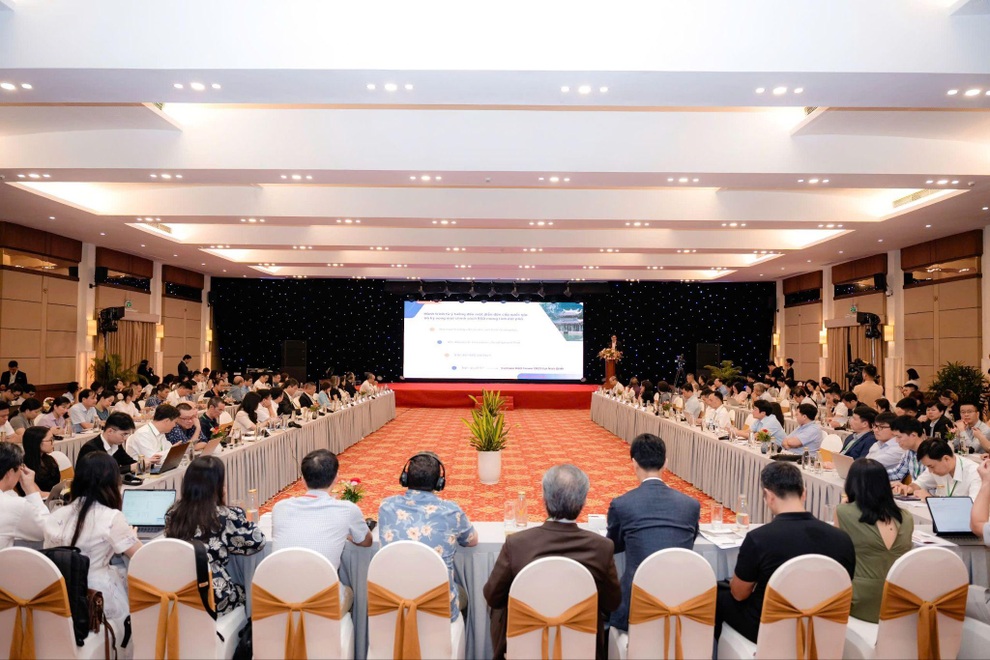
Global vision, national action
VRDF 2025 is the first national forum in Vietnam dedicated to the field of R&D, aiming to create a modern and sustainable research and innovation ecosystem. The forum brings together representatives of ministries, branches, institutes, enterprises, investment funds and international organizations to discuss and propose a roadmap for national R&D development to 2030.
The forum includes 8 main discussion sessions, covering the role of policies, investment strategies in key industries, development of talent ecosystems, national R&D policy framework, to strategic technology transfer such as AI, blockchain, biomedical technology, high-tech agriculture and semiconductors.
In his opening speech, Mr. Nguyen Duc Khuong - Chairman of AVSE Global - emphasized: "R&D is not only a growth driver but also the key to transforming the knowledge-based economic model". Delegates proposed increasing public investment, financial incentives, forming a National R&D Council and aiming to spend 2% of GDP on R&D by 2030.
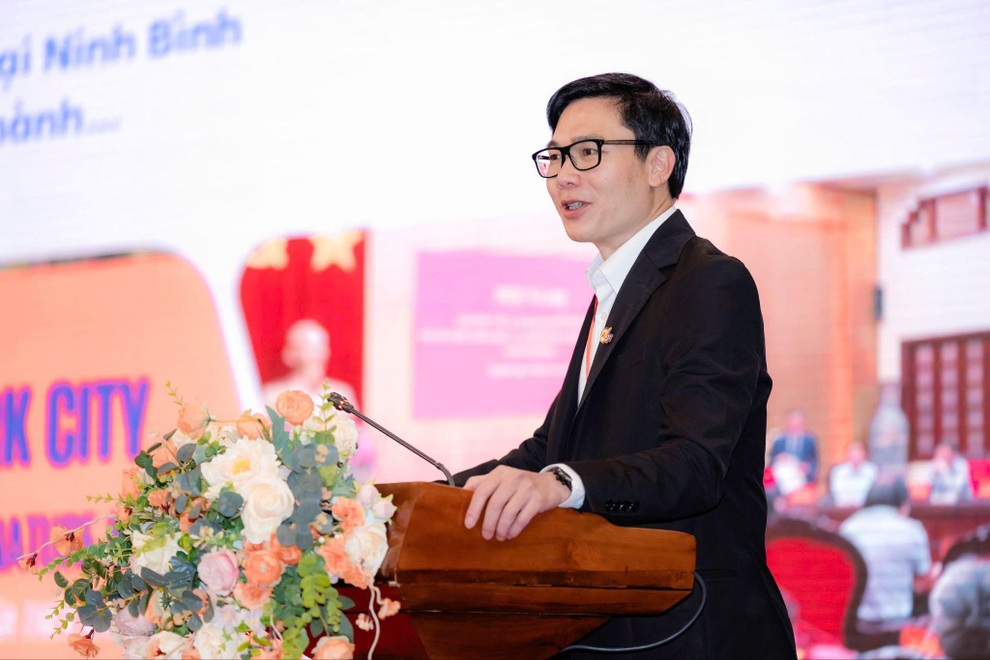
International Speaker: Vietnam Needs “Flexible and Sustainable Innovation”
At the plenary session on the morning of July 30, Mr. Navi Radjou - an innovation expert in Silicon Valley - shared the message of "frugal innovation", suitable for the context of limited resources in Vietnam. According to him, effective R&D does not necessarily have to rely on expensive technology, but can come from creatively reusing existing knowledge, contributing to building a knowledge-based circular economy.
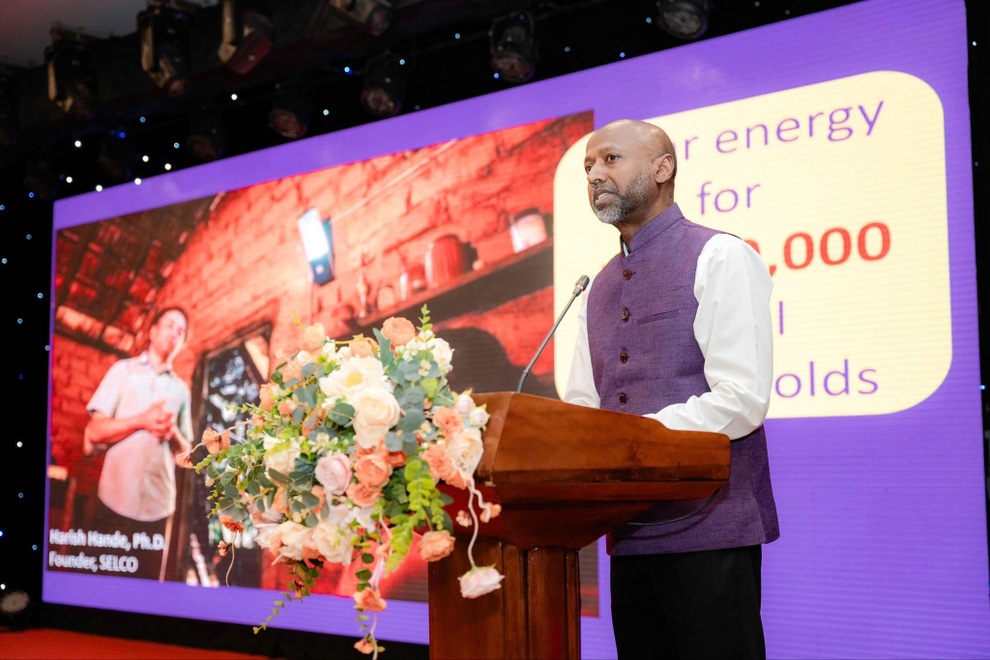
Mr. Hamilton Mann - Vice President of Thales Group, lecturer at INSEAD and HEC Paris - said: "Before every R&D initiative, ask the question: why are we doing this? Efficiency needs to be measured by the social value it brings, not just the number of projects or the level of investment."
According to the expert, the R&D vision should not only serve a small group but also spread benefits to the whole society. Therefore, public policy should lay the foundation for comprehensive transformation. He suggested that Vietnam should aim to become a pioneering country, not only improving productivity or products, but also creating a new generation of industry, where innovation becomes a global inspiration. He appreciated the fact that the Vietnamese Government has initially established major orientations to create a distinct mark on the development map.
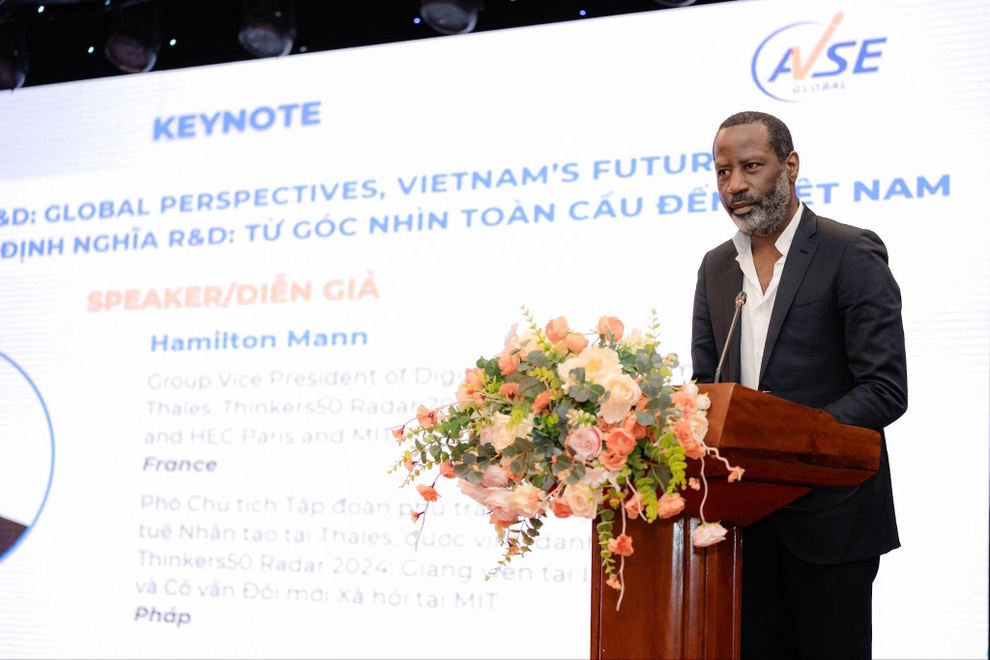
In the policy dialogue session moderated by Prof. Dr. Bui Thi Minh Hong (VinUni), experts such as Prof. Lim Weng Marc, Prof. Dr. Ho Tu Bao, Mr. Truong Gia Binh (FPT), Dr. Truong Gia Hung (Got It, Inc.) emphasized the role of the "three-party" cooperation model (State - School - Enterprise), preferential tax - credit policies and talent retention strategies.
The following sessions focus on big data platforms, AI, blockchain, biomedical technology, high-tech agriculture, and semiconductors - areas with the potential to help Vietnam accelerate digital transformation and deeply integrate into the global value chain.
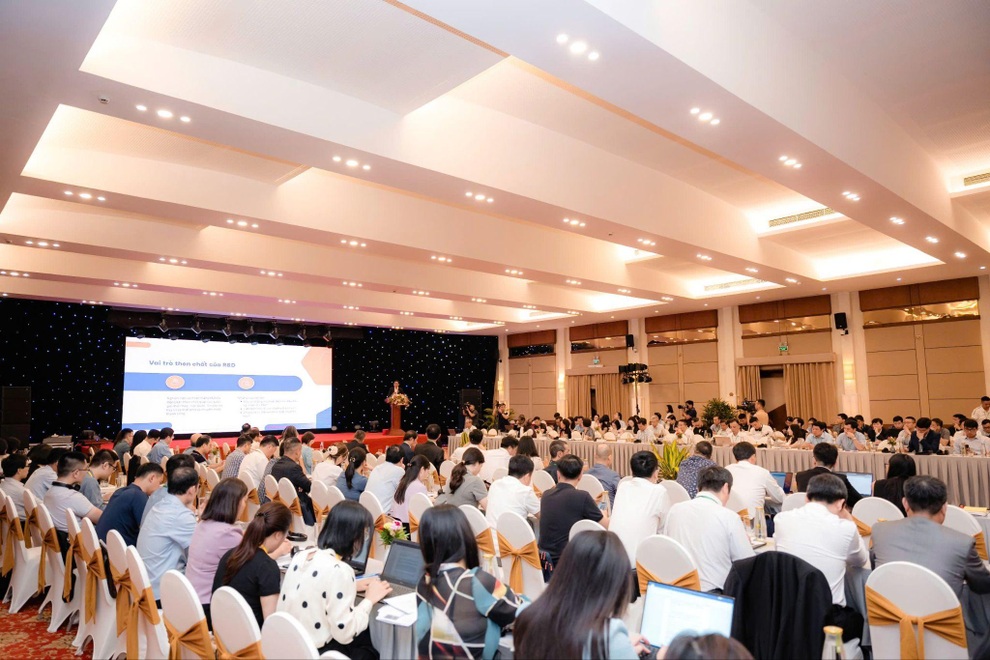
Local involvement: From policy to action
An important highlight at VRDF 2025 was the sharing from Ho Chi Minh City - the country's leading dynamic innovation center. Vice Chairman of Ho Chi Minh City People's Committee Nguyen Loc Ha said that the city has more than 70 institutes and schools, more than 1,500 creative startups, but the rate of commercialization of research results is still only about 5%, mainly due to difficulties in valuing intellectual property.
To overcome this, Ho Chi Minh City is implementing a pilot project to commercialize research using state budget, establish an international standard R&D center, and develop a digital data platform. The city is also taking advantage of Resolution 193 and Decree 88/2025 to promote autonomy and attract private investment.
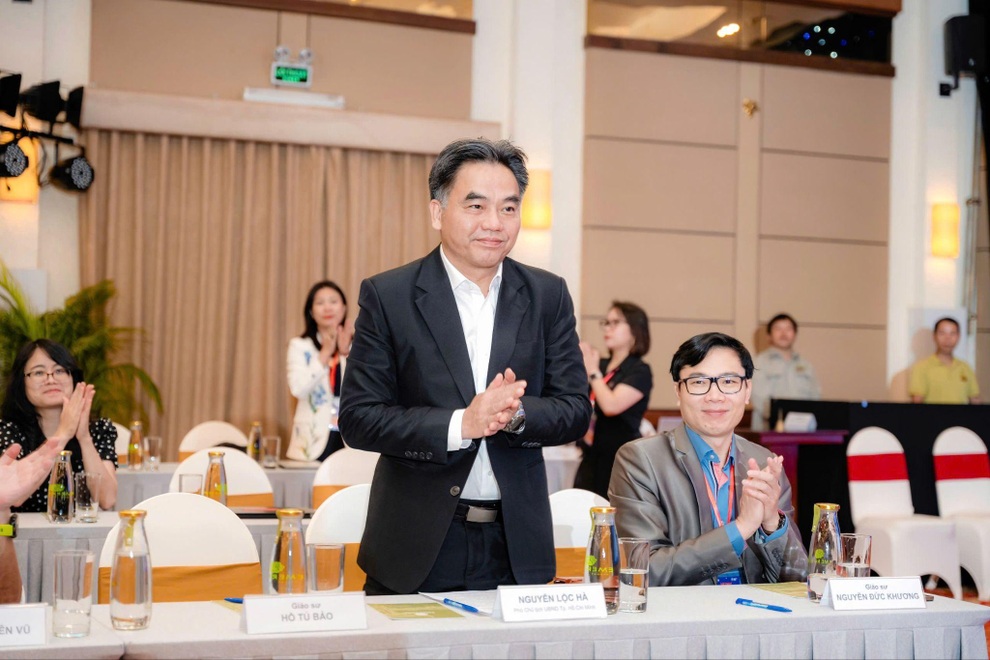
In addition to Ho Chi Minh City, localities such as Quang Ninh, Bac Lieu, and Ninh Binh also shared regional R&D development models, smart specialization orientations, and public-private partnerships. The forum also introduced a global database of Vietnamese experts, proposed the establishment of specialized R&D zones (R&D SEZs), and called for capital from international funds, green bonds, and overseas Vietnamese.
Attracting Global Talent: Challenges and Solutions
In a special discussion session, experts focused on the problem of attracting talented Vietnamese people abroad to return and contribute.
Mr. Truong Gia Binh, Chairman of FPT, emphasized: “To attract talented people, the first important thing is to give them great opportunities to accumulate capacity, develop ideas and contribute to the country. The key is not only high salary, but also trust, opportunity, flexible mechanism and a big vision. Talented people need space to develop and an ideal to contribute. If Vietnam can do that, talented people will come to them.”

According to many experts, talent does not need high salaries or material benefits, but a real creative ecosystem where they can connect, experiment and learn. Vietnam needs to build a “support platform” from incubators, consultants, to investment funds, which is still lacking.
There is also an emphasis on the role of infrastructure for innovation, including tools to reduce risk for entrepreneurs, from protectionist policies to support for failure. R&D is not just an investment, but also a belief in creative people.
Within the framework of the event, Mr. Truong Gia Binh conveyed a strong message: “At this moment, we need to rise together, become dragons, become tigers. Not only with aspirations but also with knowledge and concrete actions”. This is also the core spirit of VRDF 2025 - a call to build national strength from innovation.
With a series of recommendations, analyses and practical models, VRDF 2025 not only lays the foundation for an effective national R&D strategy, but also affirms the central role of science, technology and innovation in Vietnam's development journey.
The Forum will continue to be held annually, as an interdisciplinary, interregional and global academic - policy - action platform, accompanying the national development strategy to 2030 and beyond.
Source: https://dantri.com.vn/kinh-doanh/dien-dan-rd-viet-nam-2025-buoc-ngoat-chien-luoc-ve-doi-moi-sang-tao-20250801104636939.htm



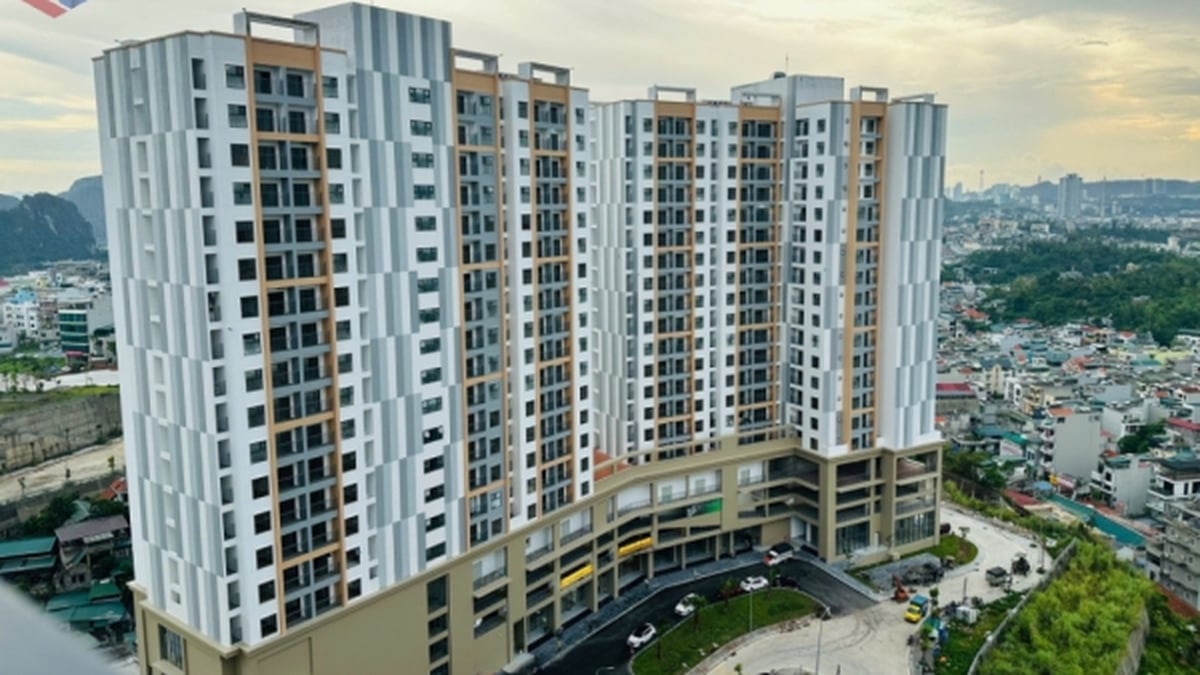
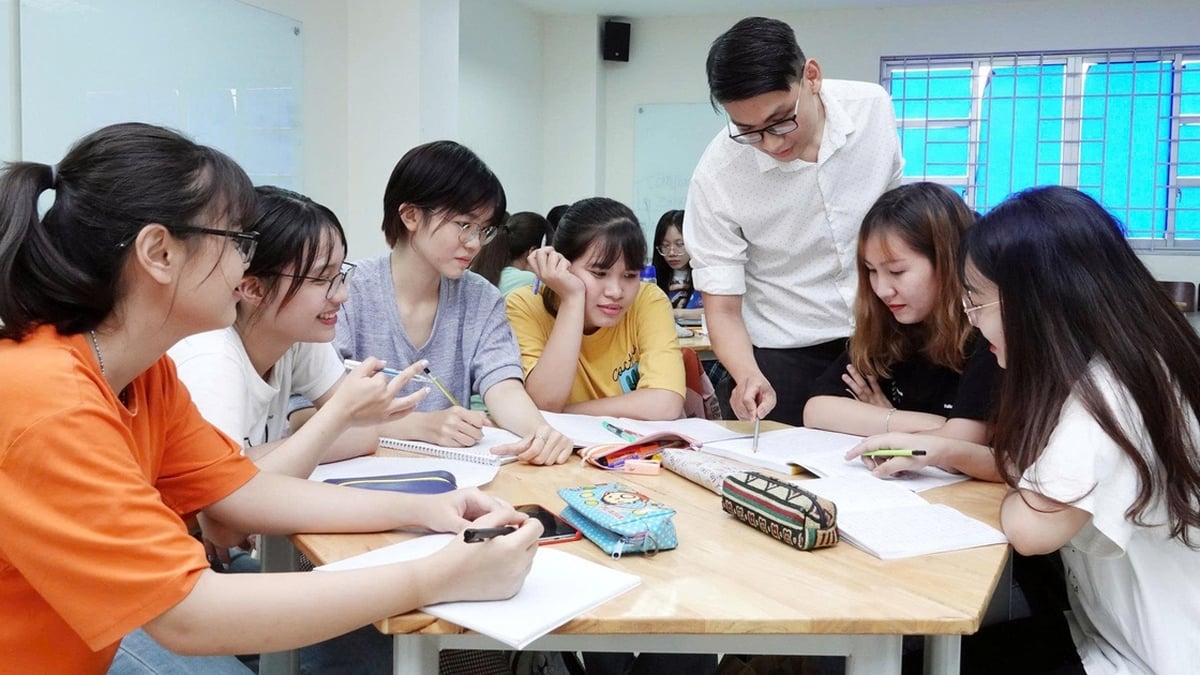
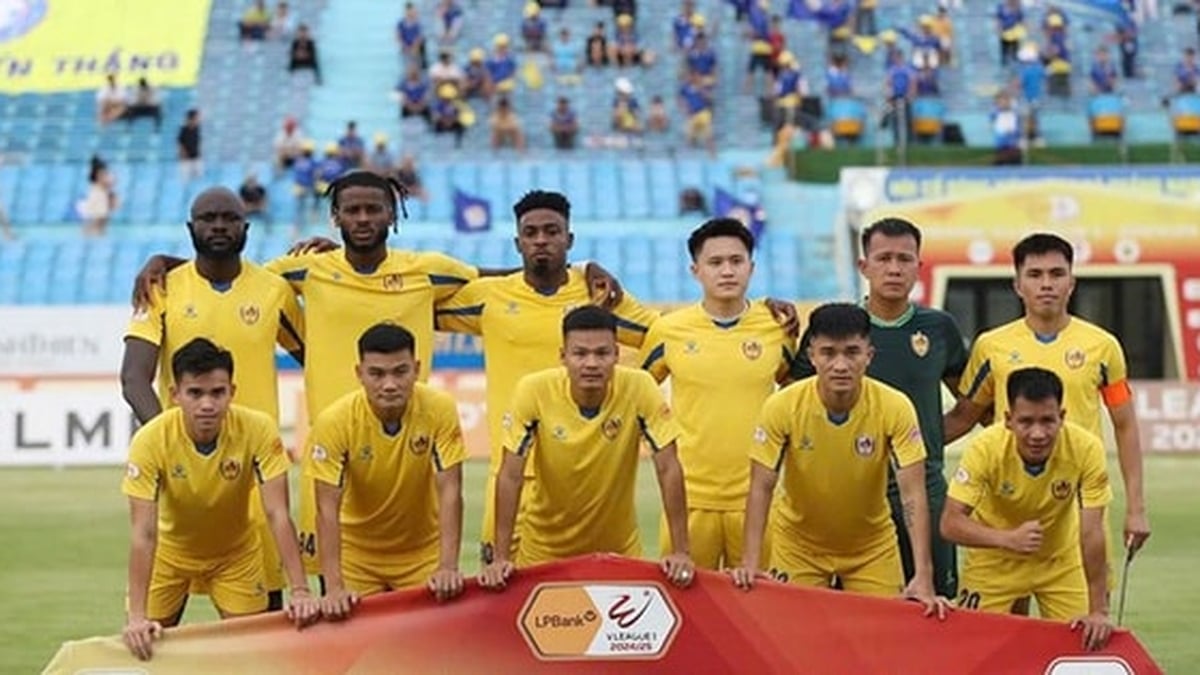



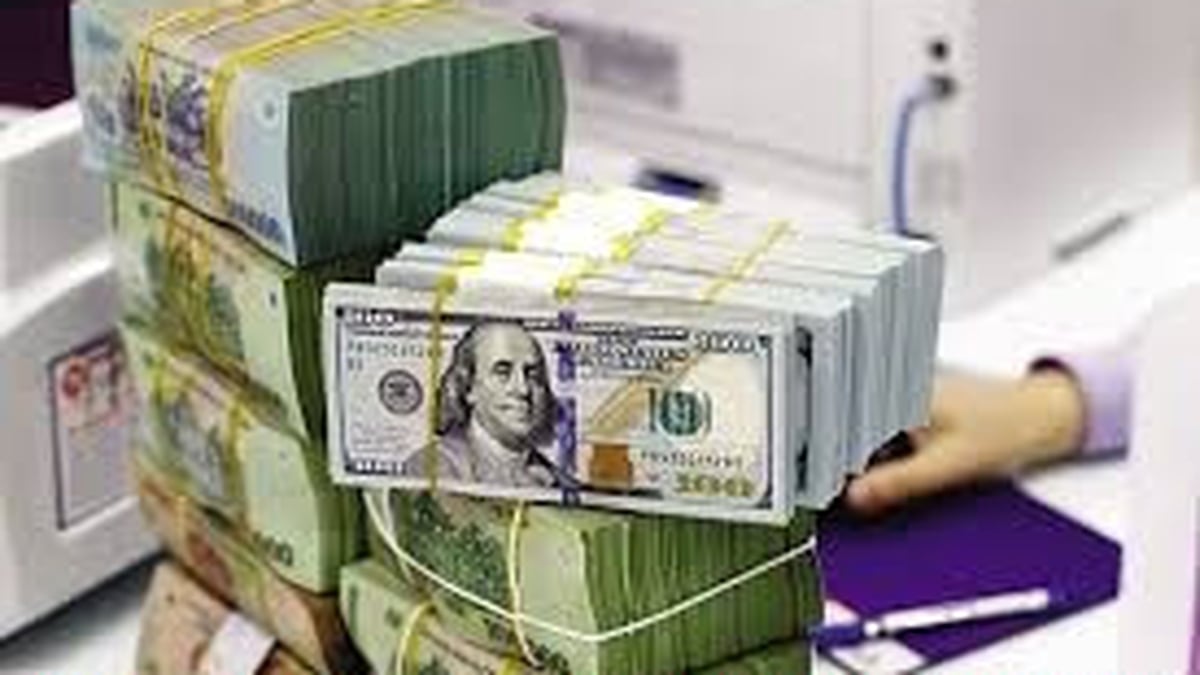
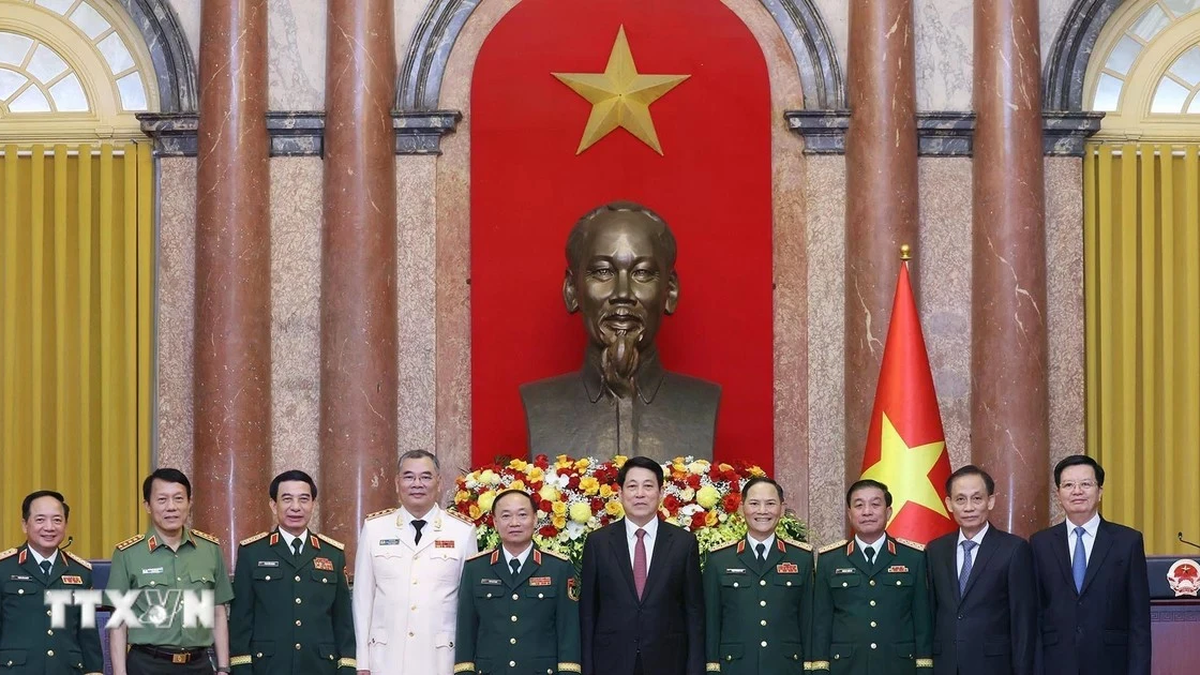































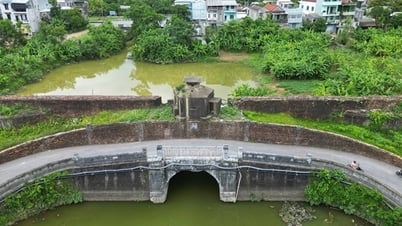










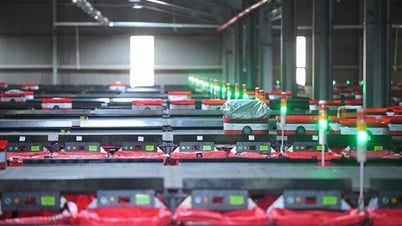

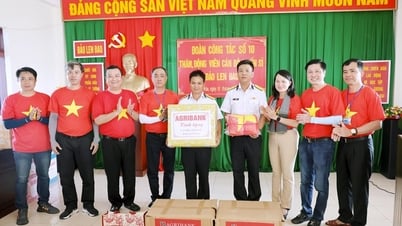

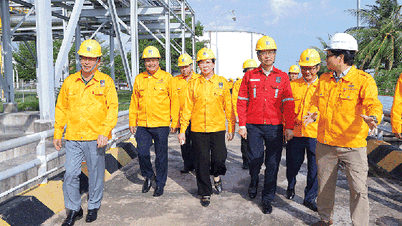

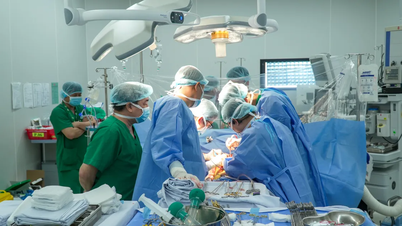



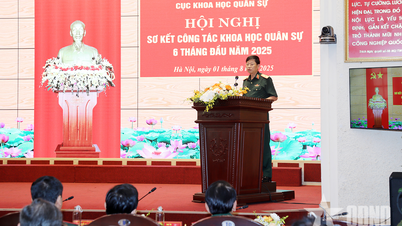
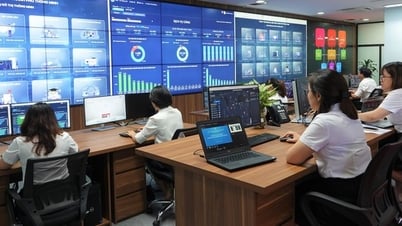
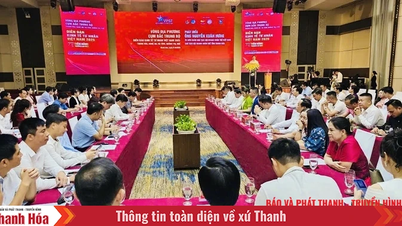

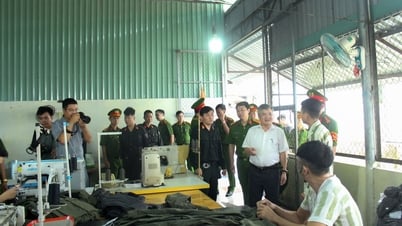

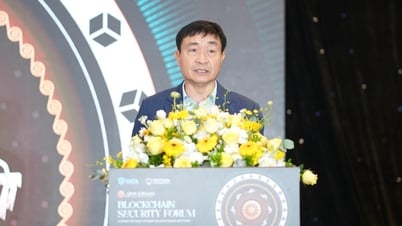
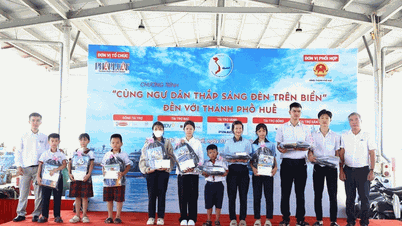






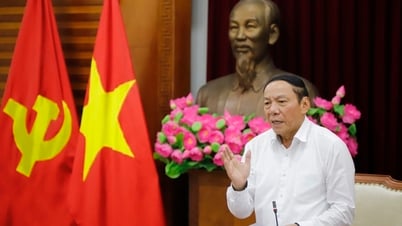
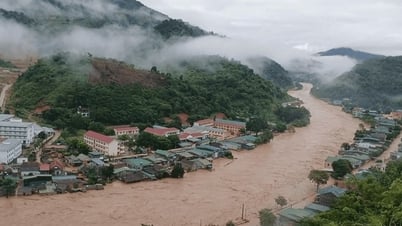























Comment (0)